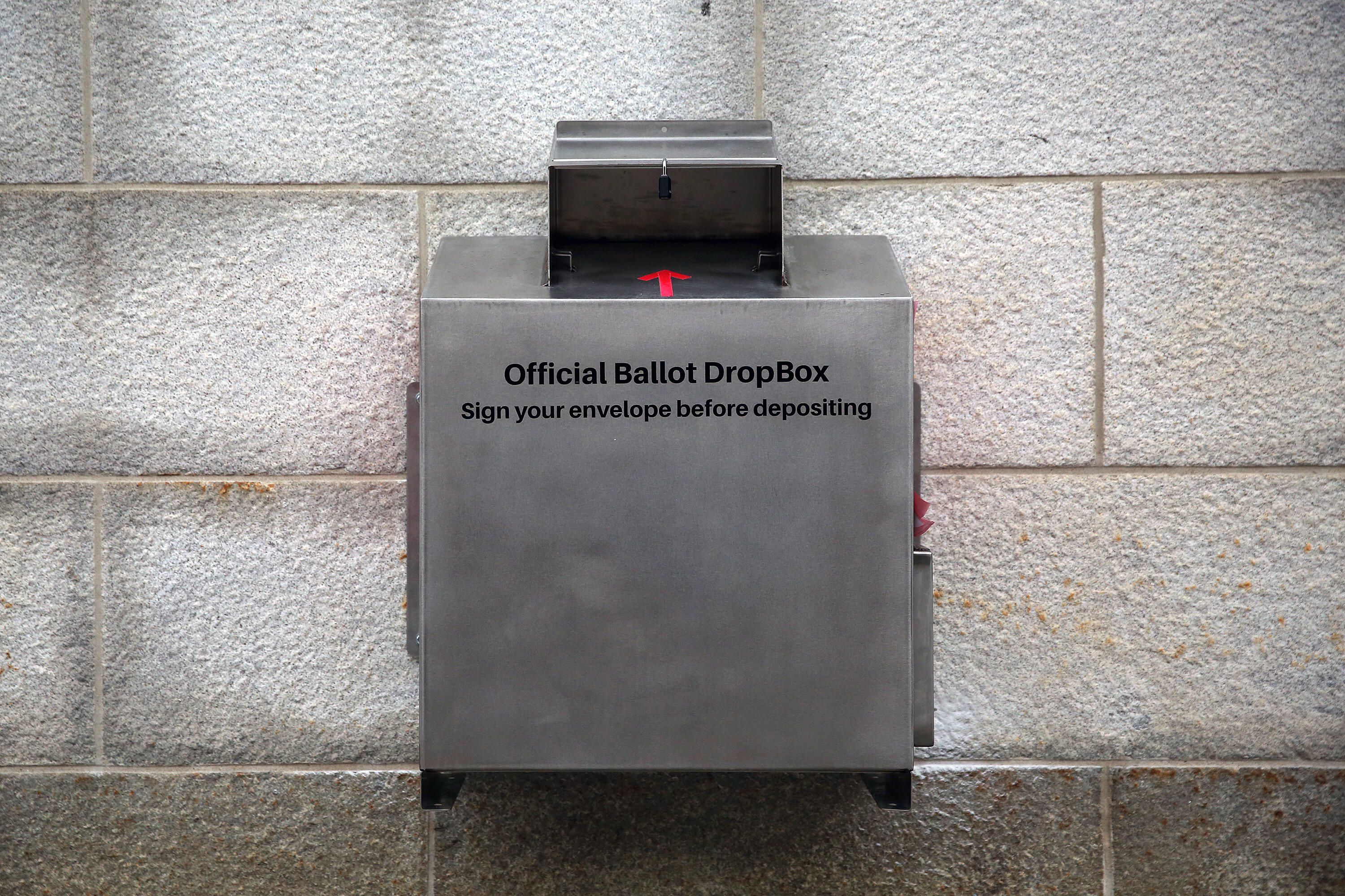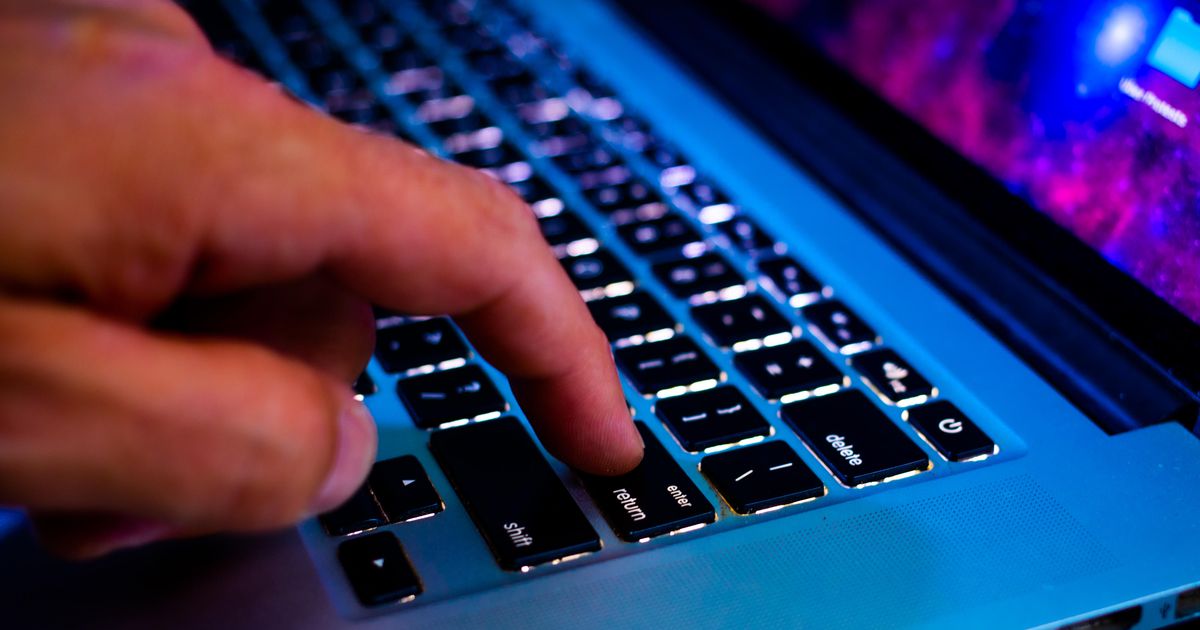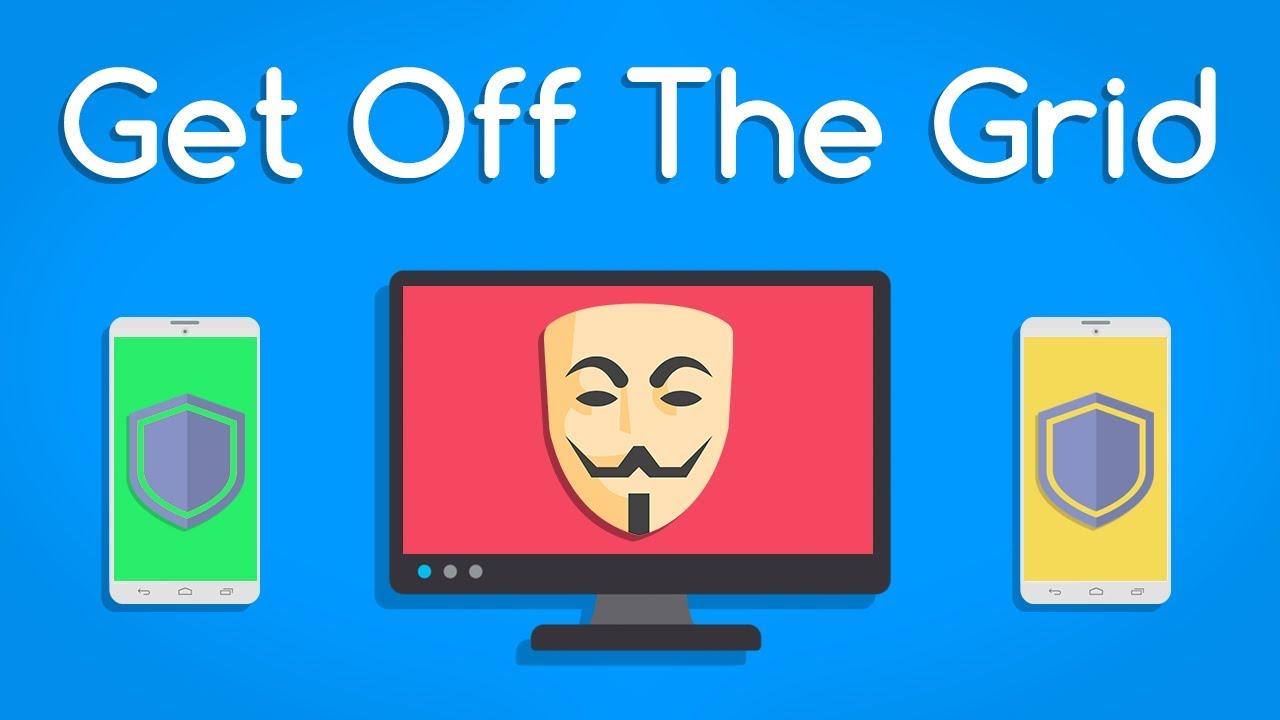You can vote online, but it’s not secure. Here’s who might want to it anyway

Returning a physical copy of your ballot is the safe option, cybersecurity experts say. The fewer people who return their ballots online, the less tempting of a target it becomes for hackers.
Getty Images
This story is part of Elections 2020, CNET’s coverage of the run-up to voting in November.
Brooke Burns went online and cast her ballot in the US presidential election. She’s US citizen in France, and her election agency gave her access to her ballot from a web portal, where she downloaded it and marked it electronically. Then she sent back an image of her marked, signed ballot in an email.
“My ballot was received on the same day that I sent it via email,” Burns said.
Burns is registered to vote in King County, Washington, which uses a ballot portal made by election technology company Democracy Live. She’s one of thousands of overseas, military, sick and disabled voters who have access to internet-enabled voting. Some will mail back printouts of their marked, signed ballots, but others will return the ballots via email, fax or web portal.
There’s a great big caveat for voters in the second group. They must generally waive their right to a secret ballot. That’s because your name is attached to your ballot as it travels to your election agency. Additionally, cybersecurity experts say there’s no technology today that can secure online voting. While fraud is part of the cost of doing business with industries like banking, which millions of people access over the internet, fraud…


